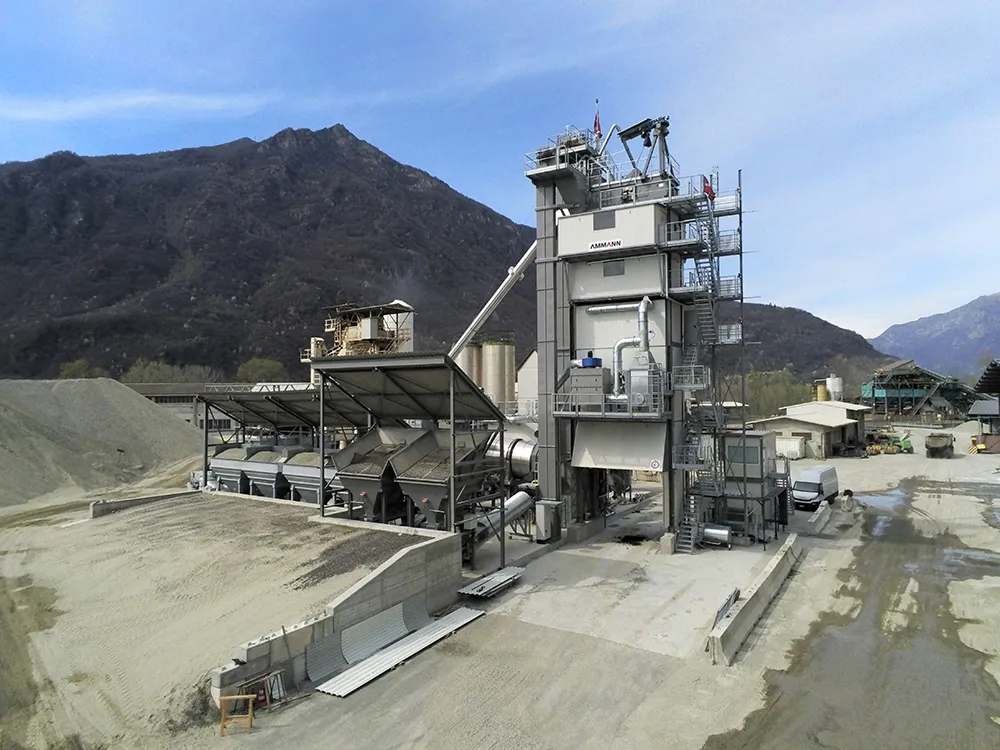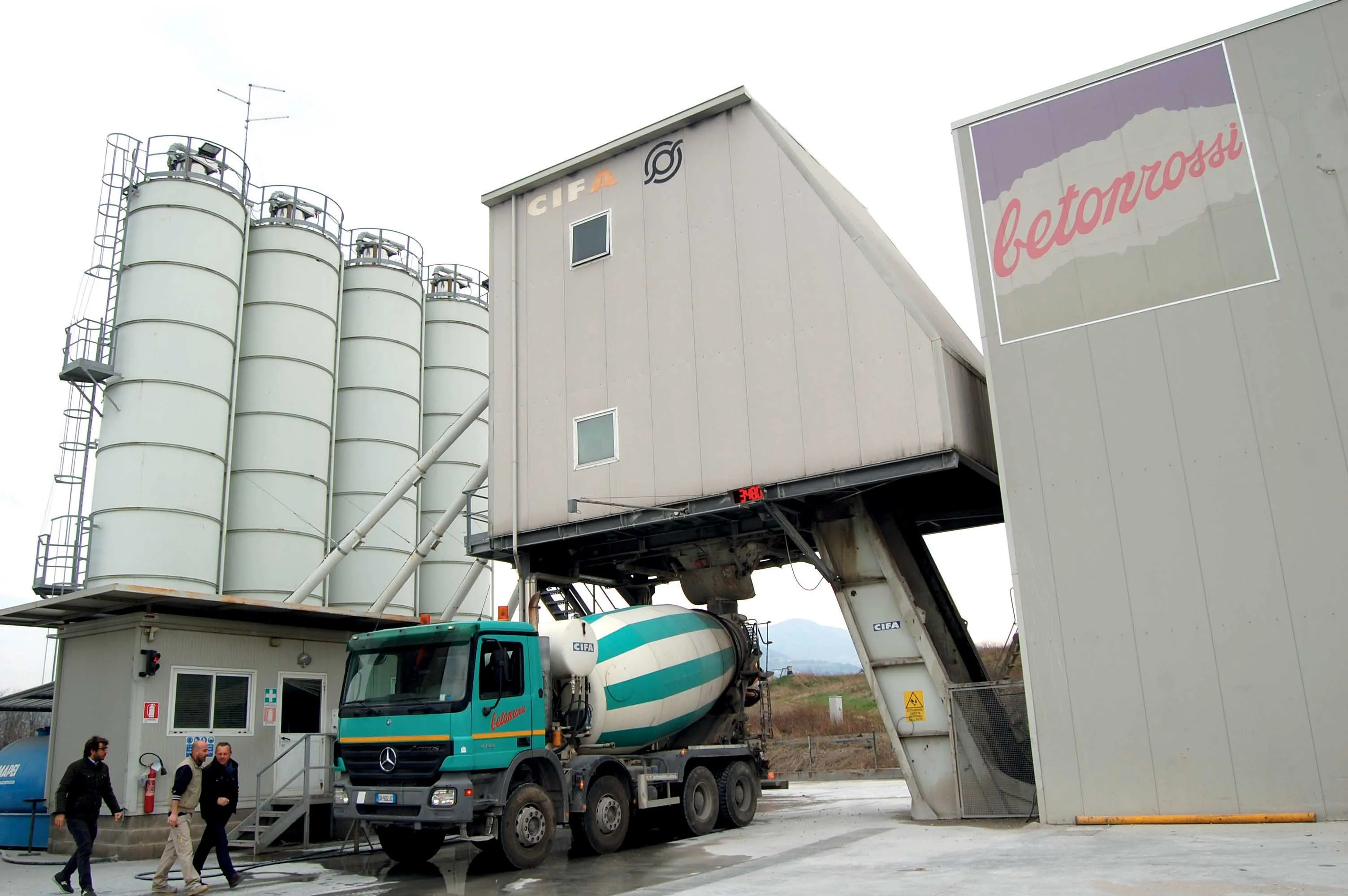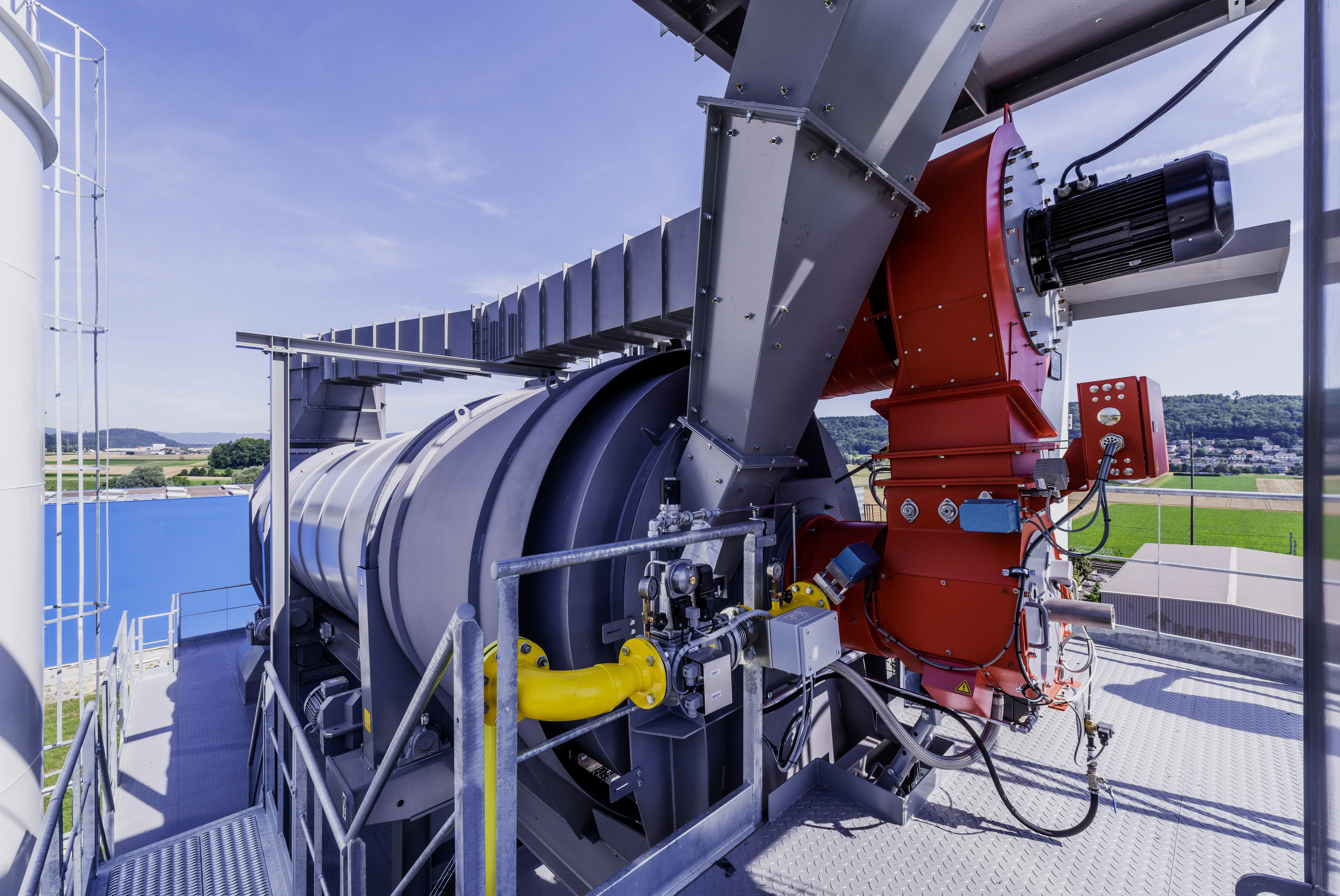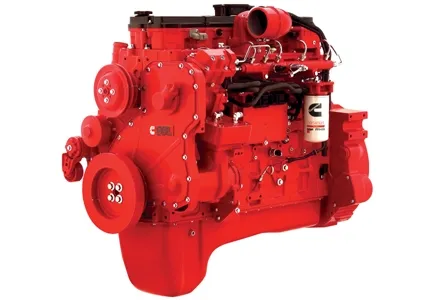
The BST system captures fumes that previously would have escaped during loading and redirects them to a multi-stage filtration system. The BST uses the indirect aspiration of Blue Smoke that uses the thermic force of the gases to reduce the energy absorption, the power installed and the volume flow. The filters remove the oily particles during multiple stages, ensuring high efficiency. After filtering, the system reroutes the remaining gases to the combustion chamber, lowering costs as the captured air is already heated.
The condensed oil accumulates in the filtration system and can be recycled. The BST system enables a steady flow rate at the chimney without increasing the plant gas flow at the chimney. No new emission authorizations are necessary.
“Newer, stricter regulations are requiring that steps be taken to mitigate these fumes, so the availability of BST is well-timed,” said Stampfli Philipp (AMMANN Global Head of Process Technology). “In addition to sustainable benefits, we expect it simplify the process for obtaining permits and improve relations with neighbours. It’s important to remember that BST removes fumes that are visible. The air won’t just be cleaner. It will look cleaner and smell cleaner.”
The BST can be installed on plants manufactured by Ammann or competitors. A plant owner does not need to purchase a new plant to benefit from this technology. Adding BST to an existing plant allows the owner to continue using the plant while meeting tightening emissions standards.
It reduces blue smoke during loading but does not reduce plant capacity. There is no increase of gas flow at the chimney and no new emission authorisation is necessary. It does not require expensive confinement systems and reduces costs by re-using air that has already been heated. It can help existing plants meet tightening emissions standards and ease the process of gaining permits for new plants. In addition it allows recycling of the trapped oil, is easy to service by cleaning the filters and Features a filtration system that is laser welded and hydraulically sealed to prevent leaks.








